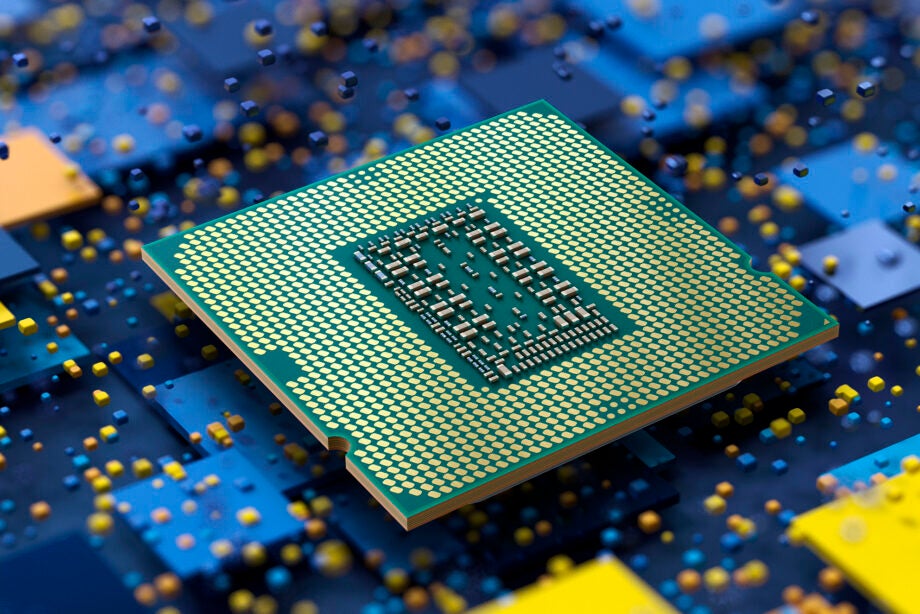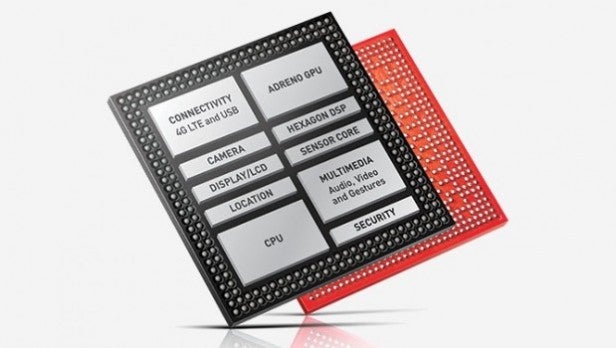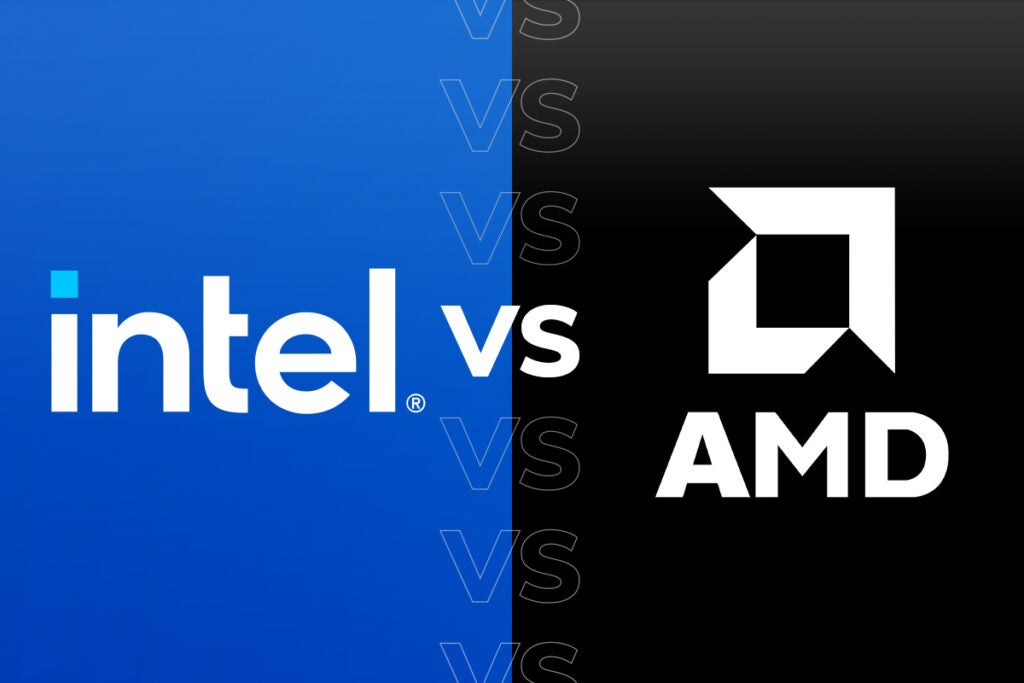What is a CPU? A beginner’s guide to processors

If you’ve read a review for a computer or phone, you’ve probably come across the term ‘CPU’. But what is a CPU and why is it important?
We’ve assembled this guide to tell you everything you need to know about a CPU, which should help you out tremendously whenever looking to buy a new laptop or gaming PC in the future.
What is a CPU?
The CPU, Central Processing Unit (or simply processor) is the main chip in a computer responsible for carrying out all tasks. It’s responsible for telling all the other components in a computer what to do, according to the instructions it is given by the programs (software) running on that computer.
In fact, CPUs exist in many types of devices apart from computers. If something can run programs, chances are it will have a CPU. For example, both phones and TVs have CPUs inside them.
In modern computers, and especially in smartphones, the CPU may sit on the same physical chip as other components. Most modern computer CPUs share a chip with a computer’s graphics electronics (that decides what appears on your monitor).
In smartphones and tablets, the chip containing the CPU may also handle phone calls, Wi-Fi, GPS and many other things. Such multi-purpose chips are known as SoCs (system-on-a-chip).

Mobile SoCs contain a CPU and loads of other important kit that makes your phone work
Where is the CPU?
In a computer, the CPU is found at the heart of the system, plugged into the motherboard. You wouldn’t be able to see it if you took the side panel off your desktop PC, as it will be hidden under a cooling fan – a CPU is a powerful component and would get very hot without proper cooling.
In a desktop PC, the CPU and cooler are designed to be easily removeable. This means replacing a processor is a relatively simple process. It doesn’t mean a processor can be easily swapped for a more powerful model, however, as the CPU will need to be compatible with the motherboard.
Deal: Intel Core i9-10850K processor for just £378 (save £62)
Most of the time, if you’re upgrading to a CPU that’s a year or two newer than your current one, you’ll also need to fit a new motherboard.
In laptops, on the other hand, the CPU and cooler are as good as impossible to remove (and even harder to replace). It’s not possible to change the motherboard either, so it’s best to think of laptops as non-upgradable in this regard.

Which CPU should you buy?
If you’re looking to upgrade the performance power of your desktop PC, then buying a new CPU is worth considering. Of course, which CPU you should buy is dependent on what kind of workloads you plan on giving your computer.
Most people will be perfectly fine with a mainline Intel Core or AMD Ryzen processor. For basic web browsing tasks, an Intel Core i3 or AMD Ryzen 3 processor is a good value option. For gaming purposes, you’ll want to buy an i5/i7 or Ryzen 5/7 processor, while those who want to engage in complex tasks (such as 4K video editing and animation) will potentially need to look at an Intel i9 or AMD Ryzen 9 processor.
Deal: Intel Core i9-10850K processor for just £378 (save £62)
It’s also important to factor in the generation of a processor. AMD has entered its Ryzen 5000 generation, while Intel has just launched its 11th Generation Intel Core (aka Rocket Lake) desktop processor line-up. You won’t want to buy a chip that’s too old, as it could be outdated and lacking the performance punch required for modern tasks, but you find great value options by looking for a chip from the previous couple of generations.
We always recommend checking out reviews before purchasing a new CPU, or even checking out buying guides such as our Best Intel Processor and Best Gaming CPU round-ups. The specs sheet can give you a lot of information about a processor, but won’t paint the whole picture of real-time performance.
CPU Jargon Buster
There is a vast difference in computing performance between different models of CPU. PC and laptop manufacturers tend to splash three things all over their marketing material when trying to sell you a computer: clock speed, cores and threads.
We’ve included a quick summary of all the most common CPU jargon, providing brief explanations for each one:
Clock Speed
Clock speed is expressed in gigahertz, or GHz, and is a rough indication of how many calculations a processor can make each second – the higher the number, the more calculations. This is once of the most important considerations for a gaming performance, with a high clock speed generally more important than hacking lots and lots of cores.
Cores
How quickly a CPU can process data is also affected by how many cores it has. Each core is essentially a CPU in itself, and many programs are written so that multiple cores can work on processing the data the program requires at the same time – vastly increasing how quickly that program can run.
Modern CPUs have at least two cores, with many having four, eight or even more. Having multiple cores will certainly give you a speed boost, but it depends on the kind of program you’re running: a quad-core processor can perform some tasks, such as video editing, almost twice as fast as a dual-core chip, but adding more than four cores won’t necessarily improve the gaming performance further.
Threads
A CPU Threads is essentially a virtual version of a CPU core, which help to make a processor’s performance more efficient. These days, AMD and Intel processors will typically have two threads per core but this isn’t always the case.
Like cores, having a high thread count is important when you’re computer is multi-tasking or dealing with heavy workloads. Top-end AMD Ryzen processors usually have high core and thread counts, so it’s worth looking at those chips if a high core and thread count is priority.
For more, read our Intel Core i3, i5 and i7 guide, which explains how cores and threads can make a difference in more detail.
What else should I know about laptop CPUs?
There are four different major mobile processor manufacturers right now. They are as follows:
- Intel: Team Blue develops a large variety of mobile processors, from m3 CPUs typically found in low-performance Chromebooks, to i9 Intel Core chips that can power beasty gaming and content creation machines. Intel has also recently launched Intel Lakefield processors that specialise in light and compact devices such as the Galaxy Book S. Most laptops you’ll find will house an Intel Core chip though, whether that’s an i3, i5 or i7 chip.
- AMD: Team Red is the closest competitor to Intel, also offering a wide variety of mobile CPUs. AMD offers C-Series and Athlon chips that are specially designed for Chromebooks. Ryzen chip are found in more high-end laptops, from ultra-portable productivity machines to powerful gaming systems. AMD mobile processors are still less common than Intel chips, but we’ve been seriously impressed with Ryzen’s performance and battery efficiency in recent years.
- Qualcomm Snapdragon: The Snapdragon CPUs are more well known for being housed inside Android smartphones, but they’ve recently started to become more common in laptops. Using Arm architecture, the Snapdragon chips typically offer a low performance, but boast fantastic battery life. Expect to find these processors inside mid-range laptops focussed on portability rather than inside powerhouse machines.
- Apple Silicon: The newest challenger in the mobile processor market is Apple, as the company decided to start developing its own laptop processors for MacBooks instead of relying on Intel. So far, Apple has only launched the M1 chip for the MacBook Air and 13-inch MacBook Pro, but it’s blown us away in testing, scoring a substantially superior performance to anything AMD and Intel has to offer at the same price point. The upcoming MacBook Pro 2021 is expected to house an even more powerful Apple CPU, too.
What else should I know about desktop CPUs?
AMD and Intel are the only major players in the desktop CPU market right now – at least until Apple launches a new chip for the iMac 2021.
Intel’s latest desktop processors are called Rocket Lake, while AMD’s new range is called Ryzen 5000. As with laptops, desktop processor ranges are complicated. The main thing to remember is that, despite differences in design, Intel and AMD CPUs offer broadly similar performance for the price.
That said, there are still noticeable differences. Intel CPUs typically focus on frequency speeds, and so are generally a good bet for gaming systems. AMD is improving its frequency speeds by the year, but the main attraction of Ryzen chips are the large core and thread counts, resulting in an unrivalled multi-threaded performance.
Still, this is an over simplification of the AMD vs Intel contest. We always recommend reading individual reviews to help you determine the best CPU for your workloads.
Got any questions about CPUs? Ask away in the comments below – we’re here to help!


